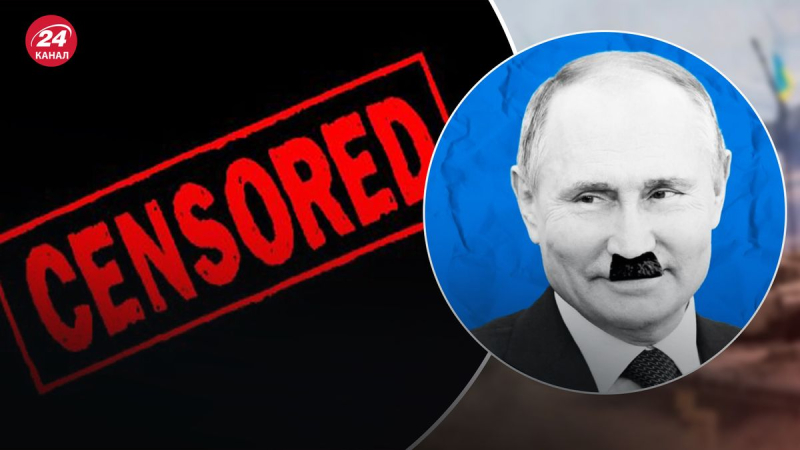
It's no secret that Russia is the antonym of freedom of speech. The Kremlin dictator is still catching flashbacks from the USSR, forbidding Russians to speak negatively about him, even online.
Foreign media have explored the paradox of censorship in Russia. The main thing in this matter is Roskomnadzor.
What does it do
In November 2022, the Belarusian group “Cyberpartisans” broke the Main Radio Frequency Center of Roskomnadzor. The hackers said that they managed to enter the internal network of the department and gain access to documents and correspondence of employees. Interestingly, the amount of data exceeded 2 terabytes.
These documents, according to Cyberpartizan, prove “large-scale surveillance on the network and attempts to establish total control over everyone who has spoken out against the Putin regime over the past 20 years.”
Consequently, we can conclude that one of the main goals of Roskomnadzor is cleaning up any negative information about Vladimir Putin.
The main duties of Roskomnadzor employees include:
- reporting, where they collect all the negative reaction to the appearance of Putin;
- predictions about what events may provoke criticism in the future;
- tracking reports on Putin's health.
In particular, there are comments in the reports that the Russian president allegedly suffers from “cancer” or “schizophrenia” – usually the reason for them is the corresponding publications or statements in the media.
How much money is allocated to optimize censorship
Journalists found that employees of Roskomnadzor searched for information about the president using keywords: “puffy dwarf”, “Pinya” and “puylo”. In addition, Roskomnadzor plans to optimize the search for negativity about Putin.
Back in August, the media wrote that the Moscow IT company Eksikyushn RDC was allocated 57.7 million rublesfor the development of the Oculus system, which, based on neural networks, will analyze photos, videos and texts on websites, social networks and instant messengers.
She, in particular, will look for offensive pictures about Putin and “comparing the president with negative characters” (with Adolf Hitler, vampires or pedophiles).
What is the result of such work
Since the beginning of the war, Roskomnadzor has become the main tool of the authorities to combat unwanted information about the Russian invasion of Ukraine. As follows from the internal documents of Roskomnadzor, during the first 9.5 months of the war in Ukraine, the Russian authorities deleted 150,000 publications in social networks.
The capacities of Roskomnadzor are also connected to the removal of “incorrect” information about the war with Russian search engines. For example, the department monitors all links to anti-war materials in the Russian search engine Yandex.
Russia also restricted access to 630 Ukrainian sites, follows from Roskomnadzor internal statistics.
Total control over everyone
The Russian authorities have been actively recognizing independent journalists and mass media as foreign agents for several years, and since the outbreak of the war they have done this even more often. The department also monitors the so-called opinion leaders: actors, bloggers, stand-up comedians, journalists, directors and musicians.
It is not surprising that after the start of a full-scale invasion, Roskomnadzor began to monitor the media even more closely. On February 28, 2022, Roskomnadzor was tasked with monitoring sites “for content that contradicts the official position of the Ministry of Defense.”

